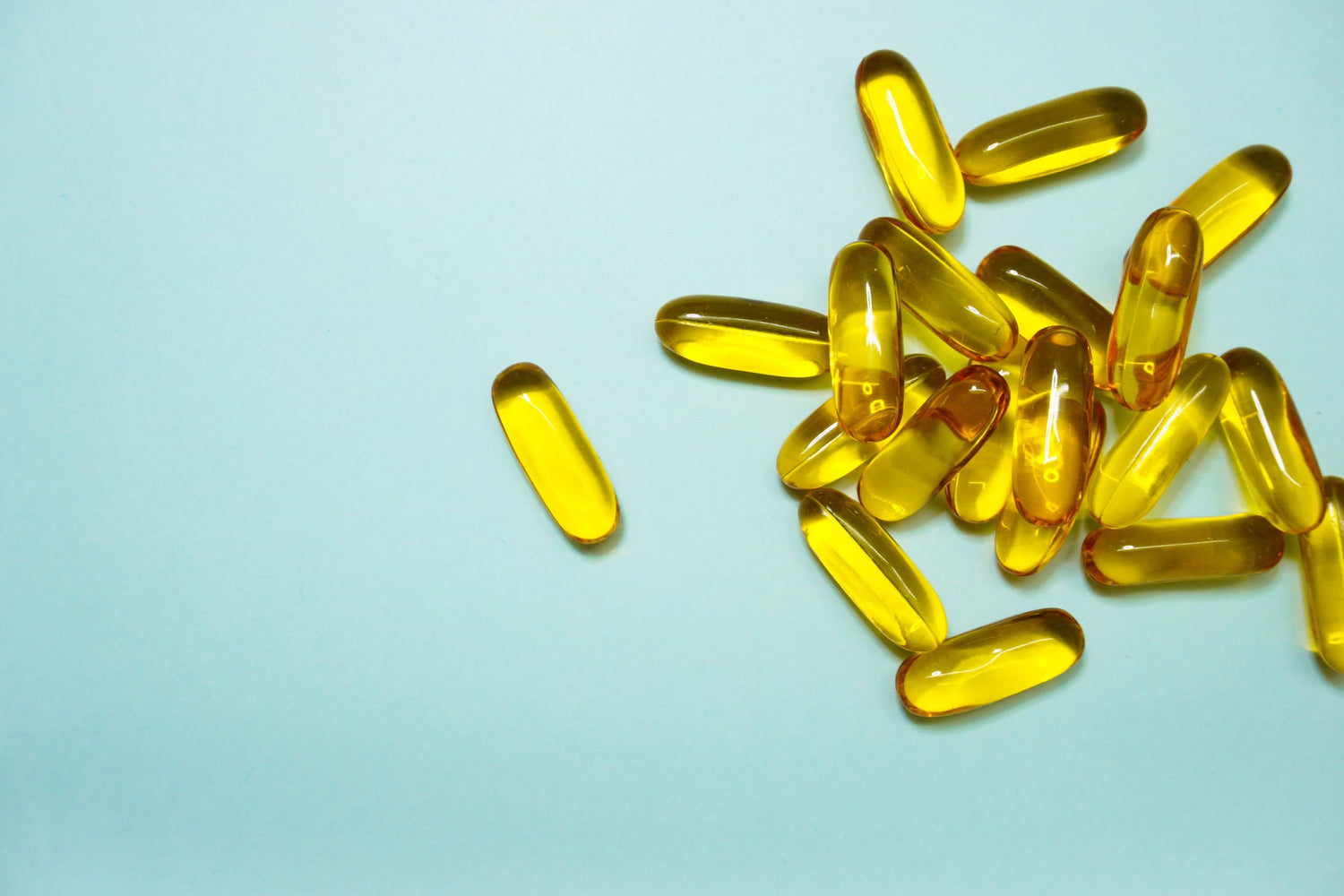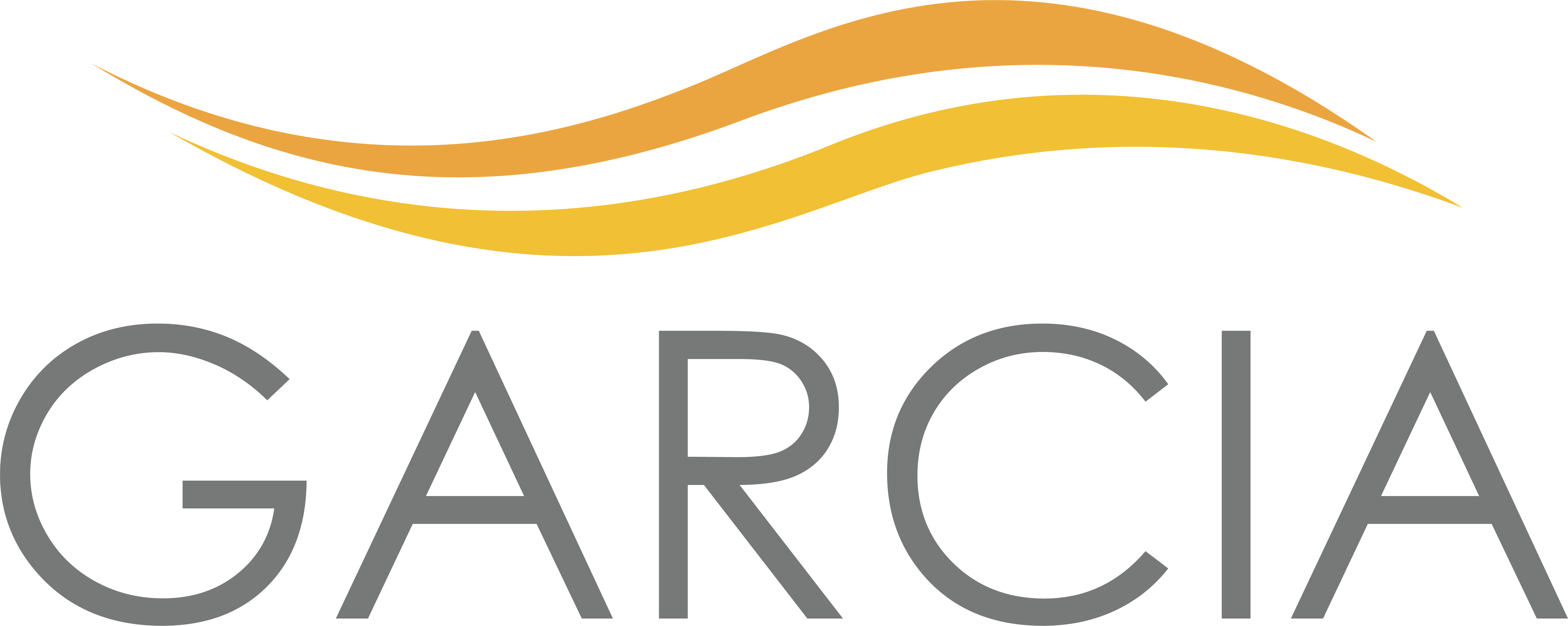Around 16% of people in the U.S. avoid smoking, have a healthy body weight, and get enough exercise. However, many people aim to live healthier yet fall short in some areas.
For example, many people fail to consume enough protein. Yet, protein is a vital part of a healthy diet. When you don't consume enough protein, you might see a decrease in your metabolism and other negative consequences.
So what are some of the signs you need more protein? If you're wondering about this, you can learn with the help of this guide. Here are eight common signs.
1. Loss of Strength
Bodybuilders increase their protein intake to build more body mass because protein is essential for this purpose. Therefore, you risk losing muscle mass if you don't consume enough of it.
Do you feel weaker lately? If you have trouble lifting things or working out due to a loss of strength, it could be a sign that you need more protein.
You can easily increase protein in your diet by eating the right foods. Here is a list of some of the top foods to add to your diet to get more protein. These are protein-rich foods you can easily add to your daily routine.
2. Problems with Healing
The second sign of a lack of protein is trouble healing. Your body needs the right nutrients to complete all its functions, and one of these is the healing process.
Your body naturally heals itself after you get cuts, burns, or scrapes. Additionally, it also heals after broken bones and other injuries.
If your body isn't healing as quickly as it once did, it might be due to a lack of protein. If this is the case, you'll want to learn how to get more protein. For example, you could look for the best protein shots to drink daily.
3. Trouble Sleeping
Your brain controls your sleep habits and patterns, and getting enough sleep is essential for your health. So if you can't fall asleep at night or stay asleep, you'll want to determine why this is happening.
One cause of this problem is a lack of protein. When you consume protein, it contains amino acids. Amino acids are critical for your sleeping schedule as they turn into melatonin.
Therefore, you can see the importance of protein in your diet. Failing to get enough of it can result in many health issues, including sleeping.
4. Weight Gain
Consuming protein is also essential for your weight. When you eat foods that contain high levels of proteins, you feel full, which might help you reduce your snacking.
If you don't consume enough protein, you'll likely reach for sugary, sweet snacks to satisfy your cravings. As a result, you might gain weight and experience problems with losing weight.
The consumption of protein also affects your metabolism. With enough protein, your metabolism increases and functions better. Without enough, your metabolism slows down, making it more difficult to lose weight.
So if you're experiencing problems with your weight, you might want to turn to protein to see if it helps.
5. Fatigue
As stated above, if you're having trouble sleeping, it could indicate a lack of protein in your diet. Another common symptom is fatigue.
Do you feel tired all the time? If you have no energy or motivation, your body might be telling you that it needs protein.
You will feel more tired if you begin losing muscle mass and experience a decreased metabolism. You'll also feel tired if you're not getting enough sleep.
Therefore, fatigue is a secondary effect of a lack of protein. If you want to solve this problem, try taking protein supplements or changing the snacks you eat.
When your body begins receiving enough protein, you might see an improvement in your energy level.
6. Weak Hair and Nails
Did you know that proteins also affect your hair and nails? Your fingernails and hair require proteins for strength. So one of the top benefits of protein is nice hair and nails.
When you don't consume enough protein, you might notice thinning hair. Hair needs enough protein for it to grow well, shine, and look good. Your fingernails also require protein for strength.
Therefore, a sign of a lack of protein is thinning hair. Another sign is weak, brittle fingernails. If you notice these signs, you should respond by increasing your protein.
7. Mood Issues
Your brain health relies on the nutrients you put in your body, and your brain health can suffer without the necessary nutrients and vitamins. Therefore, when you fail to consume protein, you might notice mood swings.
The brain has trouble regulating itself when starved of vital nutrients. As a result, your brain can't function properly. This issue is what leads to trouble sleeping, but it also leads to mood swings.
If you feel moody, angry, or depressed and don't understand why, this could be the reason.
8. Feel Hungry
Finally, feeling hungry all the time is another sign that your body needs more protein. Protein is one of few nutrients that help you feel full and content after eating.
When you don't eat enough of it, your body tends to crave food. Unfortunately, a lack of protein in your body tends to cause people to crave the wrong foods.
You'll likely crave sugary things, such as soda, cookies, or chocolate, and these foods do not offer the protein your body needs.
Look for the Signs You Need More Protein
Consuming protein is vital for your health. If you don't get enough, you'll definitely see some of these signs telling you that you need more protein. When you notice these signs, it should trigger a response to increase your protein intake.
You can consume more protein through the right foods and supplements. If you're interested in protein supplements, check out our products.


